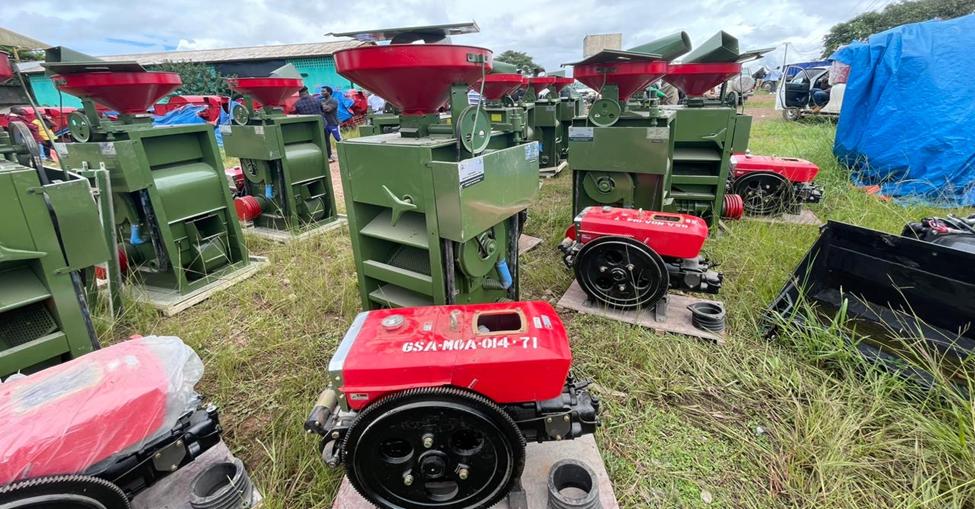Development in Liberia is recognized as the sustainable provision of socio-economic opportunities for all, emphasizing the government’s responsibility to ensure inclusivity in these processes. The definition of development in this context is intentionally broad yet clear, underscoring that real progress should be rights-based and deliberately structured. Currently, the vast majority of Liberians lack adequate socio-economic opportunities, which calls for urgent action to create a more equitable society. A key takeaway is that Liberia’s enduring strategies have historically benefitted the exportation of primary goods, neglecting the potential of finished products and comprehensive manufacturing. If the government effectively addresses development through these means, it could lead to increased prosperity for the entire nation.
Historically, the extraction of natural resources in Liberia has resulted in pronounced disparities between the wealth of the central regions and the poverty of the periphery, where many communities suffer from the consequences of resource extraction without seeing proportional benefits. This phenomenon highlights a significant gap in wealth and opportunity, creating frustration among citizens struggling to support themselves, often through subsistence agriculture. By recognizing agriculture as a central pillar for investment, the government picks a critical path to stimulate the economy and create a thriving middle class. Encouragingly, the current president, Joseph Nyuma Boakai, carries considerable experience in the agricultural sector, which is an asset for developing a transformative agenda focused on sustainable growth.
One of the most effective pathways to reducing poverty and inequality lies in increasing local food production. If Liberia can boost its self-sufficiency in food, it could also create a surplus for export. Such exports would not only generate foreign currency but also enhance the overall economic balance of trade. Strengthening the economic capacities of rural farmers is imperative, necessitating access to both local and international markets. This market access is critical not only for improving individual income levels but also for facilitating economic growth at the national level, which depends on the ability of farmers to transport their goods efficiently to those markets.
Infrastructure investment is fundamental to realizing these goals, particularly in the development of roads and transportation networks that connect rural farmers to viable markets. A significant investment in agricultural infrastructure could position Liberia favorably on the path to achieving a reduction in poverty, emulating successful models seen in other nations. With concerted effort, it is conceivable that Liberia could lift its population out of poverty, building a more equitable society. The vision here is to achieve both political and socio-economic balance through inclusive growth, thus empowering citizens across all sectors of the economy.
Moreover, linking agriculture to other sectors can foster private sector-driven development that is not only economically sound but also politically stable. This holistic approach can produce an array of economic opportunities, including job creation. The necessity for properly prioritizing agriculture in national budgeting processes cannot be understated, particularly during the planning of the second national budget under the current administration. By creating a budget that underscores the importance of agriculture and associated infrastructure upgrades, Liberia can lay the groundwork for sustained economic and social progress.
The qualifications and experience of Prof. Tom Kaydor, Jr., a leading academic and practitioner in international development, lend a credible voice to these discourses on agriculture’s potential in Liberia. His personal engagement in farming highlights a commitment to the agricultural revival he advocates. Through his extensive academic background and commitment to evidence-based research, Prof. Kaydor offers a wealth of knowledge that can help shape the future of Liberia’s development strategies. His insights underline the importance of informed policy-making in turning developmental theory into practical realities, ultimately aiming for a prosperous and inclusive Liberia.














